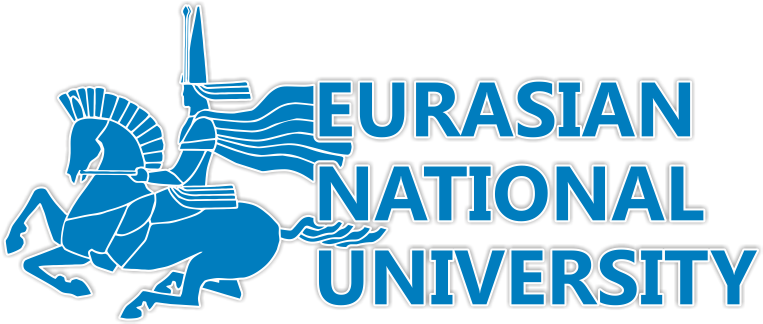In solving the strategic task of forming an intellectual nation, the most important place belongs to education as a basic industry that forms human resources for the entire country.
The conceptual approach to the design of the educational process of the Faculty of History was formed on the basis of the mission of L.N. Gumilyov Eurasian national university: «is to become a leading research and education centre of the Eurasian region, which will provide favourable conditions for conducting research and acquiring advanced knowledge; and will train specialists to develop the priority sectors of the economy and be accountable to the Government and to society for the outcome of their activities».
Educational activities are carried out by highly qualified specialists, including: laureates of state awards in the field of science and education, famous scientists, academicians, doctors and candidates of sciences, professors and associate professors, doctors of sciences and teachers with extensive teaching and research experience.
Within the framework of the principles of the Bologna process, the system of personnel training is implemented through a three-stage system of education bachelor's-master's-doctoral PhD. The educational process is focused on the principle of student-centricity and the formation of an educational environment that promotes the active involvement of students in quality assurance processes. As an important principle of quality assurance, cooperation with employers, promotion of the entrepreneurial spirit and innovative skills of students is indicated. Educational documentation is available on the educational portal of the University AIS "Platonus".
When developing programs, the labor intensity of the study load of students is taken into account in all types of their educational activities that are provided for in the curriculum, including classroom and independent work, internships, practice, etc., when developing educational programs, criteria for promoting student achievement and their progress were taken into account. The practice of students is an integral part of educational programs, and refers to additional types of modules aimed at consolidating theoretical knowledge in the learning process, acquiring practical skills and competence.
The opportunity to form an individual educational trajectory is provided in accordance with the approved Order of training according to the individual curriculum. The student's academic load consists of classroom hours, independent work under the guidance of a teacher, independent work, and participation in control events. An academic term is an independent academic period of 15 weeks. Educational programs determine the order of training on an individual educational trajectory, the order of registration of students to attend classes, conducting current, mid-term and final control, intermediate and final state certification, assessment of students ' knowledge, organization of practical training, etc. Informing students about the criteria for evaluating knowledge in the final control exams and other types of control are carried out at the beginning of each academic semester when familiarizing with the syllabuses of disciplines.
The developed scale for assessing knowledge is also presented on the university website, the student can familiarize himself with the criteria for assessing knowledge, the methodology for calculating the GPA, the rules for the final forms of knowledge control, the conditions for making appeals, etc. in the electronic library. The assessment of the level of knowledge is carried out on the basis of the credit rating system and the ECTS assessment system: European Credit Transfer and Accumulation System - a general European system for accounting for educational work in the development of an educational program or course.
Multilingual education is carried out as a purposeful, organized, normalized triune process of learning, upbringing and development of an individual, i.e. a multilingual person on the basis of simultaneous mastery of several languages allows the student to form an individual learning trajectory. To study in multilingual groups, candidates must present a valid IELTS certificate or pass an English proficiency test based on the IELTS international exam.
The educational programs of the faculty of history are based on the modular principle and reflect the learning outcomes and competencies formulated in accordance with the National qualifications framework, the Dublin descriptors and the qualification framework of the European higher education area (EHEA). Educational and methodological support of educational and professional programs is the Foundation for high quality education at the University.
Distance technologies are one of the promising innovative directions in education, the introduction of which is part of the "Strategy "Kazakhstan - 2050" - a new political course of the established state". The state program for the development of education of the Republic of Kazakhstan considers distance learning technologies as one of the effective tools that provide opportunities for lifelong learning. Providing research, educational and innovative activities of the faculty of history, organized on the principles of competitive availability, qualified service, will create conditions for attracting world-renowned scientists to research, as well as make the University's educational programs competitive in the world market of educational services.
